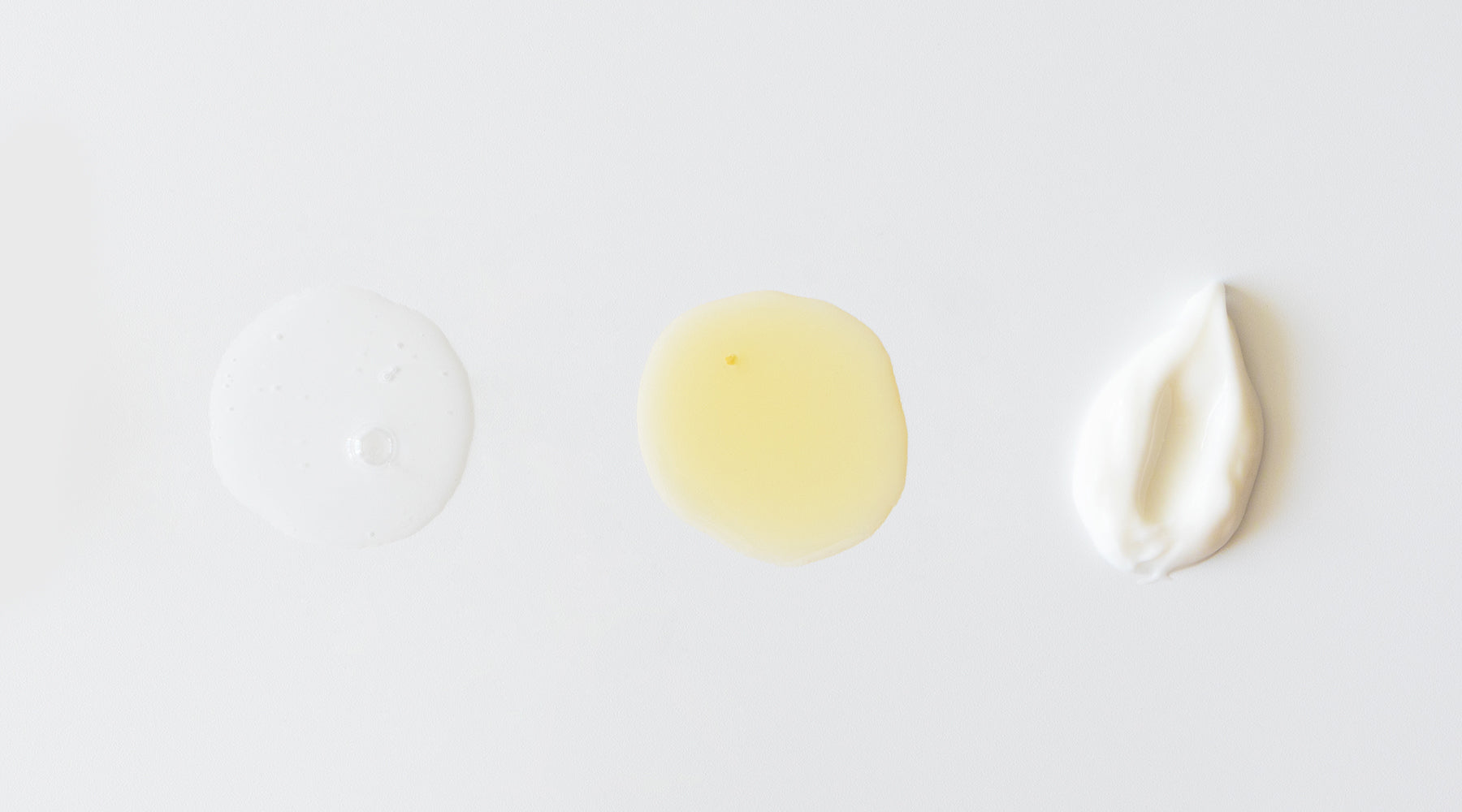
Retinol Cream vs Serum
When it comes to skincare, it can be overwhelming to navigate the vast range of products available. Retinol, a form of vitamin A, is one of the most popular and effective skincare ingredients on the market. Retinol can help reduce the appearance of fine lines and wrinkles, improve skin texture, and even out skin tone.
However, there are two primary formulations of retinol that are commonly used in skin care products: retinol cream and retinol serum.
In this article, we'll explore the differences between retinol cream and serum and help you determine which is best for your skin.
Retinol Cream
Retinol cream is a moisturizer that contains retinol as an active ingredient. Creams are often thicker in texture than serums, and they typically contain more emollients and occlusive ingredients that can help hydrate and nourish the skin.
Retinol creams are designed to be applied to the face, neck, and chest at night after cleansing and toning. Retinol cream can be a great option for those with dry or sensitive skin because the moisturizing properties can help mitigate any potential irritation caused by the retinol.
Retinol Serum
Retinol serum is a lightweight, fast-absorbing formula that contains a higher concentration of retinol than a cream. Because serums are more concentrated, they tend to penetrate deeper into the skin, delivering a more potent dose of retinol.
Serums are often formulated with additional active ingredients that can enhance the effects of retinol, such as hyaluronic acid for hydration or vitamin C for brightening. Retinol serums are typically applied after cleansing and toning and can be used alone or layered under a moisturizer.
Which one is better for your skin?
There is no one-size-fits-all answer when choosing between a retinol cream and a serum. The best formulation for you depends on your skin type, concerns, and preferences.
Dry or Sensitive Skin
If you have dry or sensitive skin, a retinol cream may be better for you. The moisturizing properties of the cream can help soothe and hydrate the skin, minimizing any potential irritation caused by the retinol.
Look for a cream with nourishing ingredients like ceramides, shea butter, or Squalane.
Oily or Acne-Prone Skin
If you have oily or acne-prone skin, a retinol serum may be your better option. Serums are often lighter in texture and less likely to clog pores, making them a great choice for those prone to breakouts. Look for a serum labeled as non-comedogenic and formulated with ingredients like salicylic acid or niacinamide that can help reduce acne.
How to Use Retinol Products
Whether you choose a retinol cream or serum, using the product correctly is important to maximize its benefits and minimize any potential side effects. Here are some tips for using retinol products:
- Start Slowly: Retinol can be a potent ingredient that can irritate if used too frequently or at too high of a concentration. Start using the product once or twice a week and gradually increase the frequency over time as your skin becomes accustomed to it.
- Use at Night: Retinol can make your skin more sensitive to the sun, so it's best to use it at night when you won't be exposed to UV rays.
- Apply to Dry Skin: Apply retinol products to dry, clean skin after cleansing and toning.
- Use a Moisturizer: If you're experiencing dryness or irritation from the retinol product, use a moisturizer to help soothe and hydrate the skin.
- Be Patient: Retinol can take several weeks or months to show significant results. Stick with the product, be patient, and don't be discouraged if you don't see immediate results.
Both retinol cream and serum can effectively improve the appearance of fine lines, wrinkles, and overall skin texture. However, the choice between the two formulations will depend on individual skin type and concerns.
Those with dry or sensitive skin may benefit from the hydrating properties of a retinol cream, while those with oily or acne-prone skin may prefer the lighter texture of a retinol serum. Regardless of which formulation you choose, it's important to use the product correctly and be patient to see the best results.
___________________________________________________________
Retinol Face Cream
